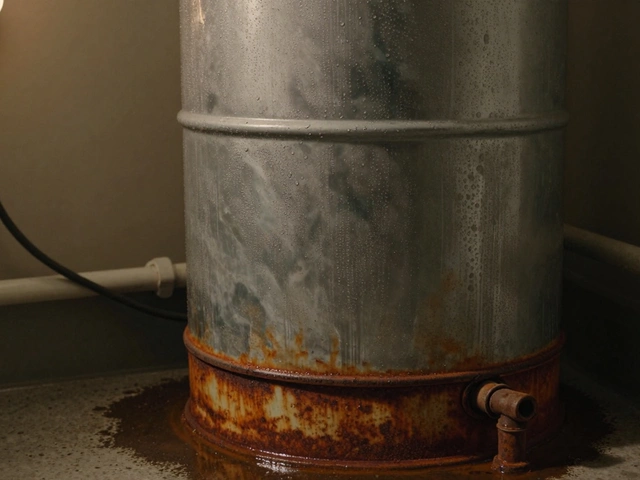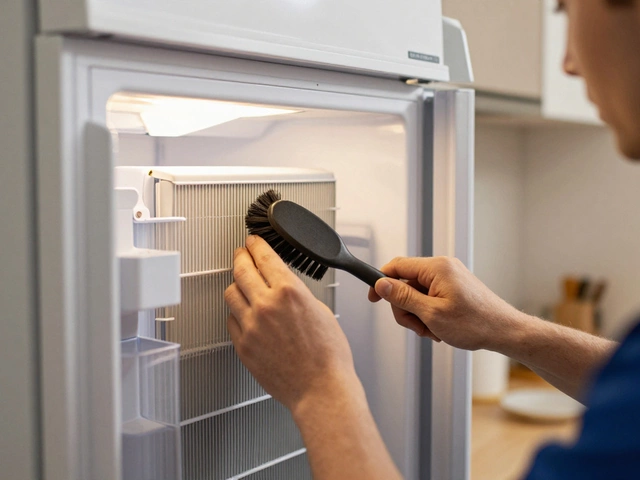Washer Reliability – Everything You Need to Know
When talking about washer reliability, the ability of a washing machine to perform consistently over its lifespan. Also called laundry appliance dependability, it matters to anyone who does regular laundry. A washing machine, a household appliance that cleans clothes using water, detergent, and mechanical action is the core device whose reliability we assess. Without a reliable washer, you end up with soggy socks, wasted detergent, and higher energy bills. In the next sections we’ll break down what drives reliability, how to spot early warning signs, and what you can do to keep your machine humming for years.
Most owners first notice a dip in reliability when the drum starts making strange noises, the spin cycle fails to extract water, or error codes flash on the display. These symptoms point to common faults such as unbalanced loads, worn drive belts, clogged pump filters, or faulty pressure switches. Ignoring them often leads to leaks, excessive vibration, or the dreaded “does not drain” message. Identifying the problem early lets you decide whether a simple reset or a part replacement will save you a costly service call. Remember, the sooner you act, the less wear you add to internal components, and the longer your washer stays dependable.
Regular maintenance, the routine cleaning and inspection tasks that keep a washer running smoothly is the single most effective way to boost reliability. Start by cleaning the detergent drawer and the rubber door seal every month to prevent mold and residue buildup. Check the water inlet filters for sediment and replace them if they look dirty. Run an empty hot‑water cycle with a cup of vinegar once a quarter to dissolve mineral deposits that can clog hoses. Finally, balance each load and avoid over‑loading; a balanced drum reduces stress on bearings and motor shafts, extending the machine’s useful life.
When the problem goes beyond DIY fixes, a qualified repair technician, a trained professional who diagnoses and fixes appliance faults can restore performance. Look for technicians with certifications such as Gas Safe (for mixed‑fuel units) or membership in a recognized trade body. A good repair pro will run diagnostic tests, pinpoint the exact component that failed, and give you a clear cost estimate before any work begins. Knowing the technician’s credentials and warranty policy protects you from hidden fees and ensures the replacement parts meet the original specifications.
Beyond repairs, understanding appliance lifespan helps you decide when to invest in a new washer. Most front‑load models last 10‑12 years with proper care, while older top‑loaders may need replacement after 8 years. Factors that shorten lifespan include hard water, frequent heavy‑load cycles, and neglecting routine maintenance. Weigh the repair cost against the age of the unit and energy‑efficiency ratings; newer machines often use 20‑30% less water and electricity, offsetting the upfront price over time.
What You’ll Find Next
The articles below dive deeper into each of these topics – from diagnosing error codes to comparing repair versus replacement costs. Use them as a step‑by‑step guide to keep your washer reliable, save money, and avoid laundry day disasters.
Looking for a washing machine that’s built to last with the fewest headaches? Here’s the inside scoop on the most reliable washer brands and what actually keeps them running smoothly.


